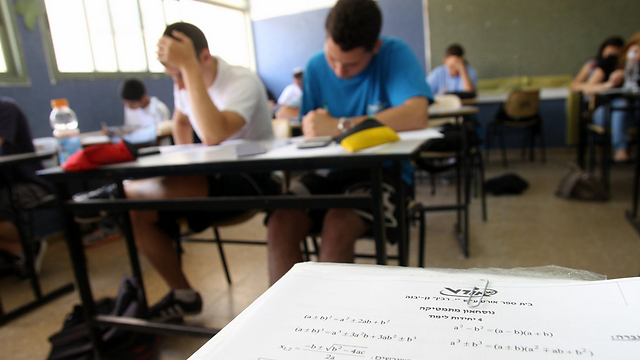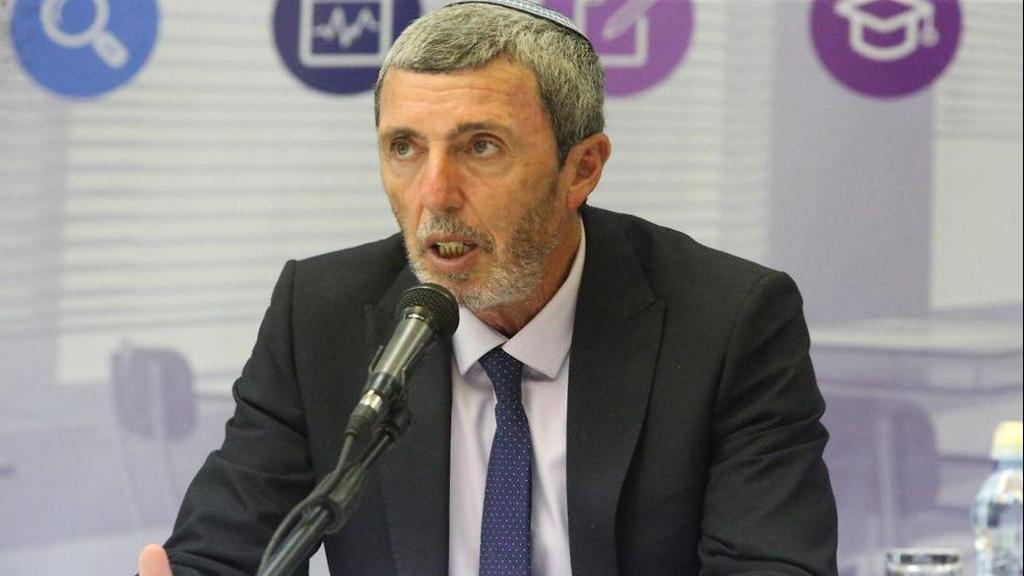Getting your Trinity Audio player ready...
Israel's students perform below average in key subjects and the country itself is failing to bridge the gap in academic achievement among students from different socioeconomic backgrounds, according to a new report by the Organisation for Economic Co-operation and Development (OECD).
The findings of the 2018 Program for International Student Assessment tests (PISA) that were released this week showed a significant gap between Hebrew and Arabic speakers in Israel for all three of the educational skills assessed — reading, mathematics and science — and revealed that the divide was even bigger than found in the last such test in 2015.
This study is conducted every three years and since 2000 it has assessed skills in science, mathematics and reading comprehension for 15-year-old students. It has become a world reference for educational development and is highly regarded by governments around the world.
The tests were submitted administered in May 2018 to 600,000 young people from 79 countries and territories, a sample representing 32 million students.
The survey indicates that gaps in student achievement among sectors of society has widened in Israel and are in fact the widest among all countries participating in the study.
In each of the three areas tested, the Education Ministry acknowledged that Israel’s overall performance was below the OECD average.
In the PISA tests, Hebrew speakers scored 506 points in reading skills, the same as the previous assessment. However, Arabic speakers scored just 362 points, a drop of 29 points.
The OECD average is 487 points, with the overall Israeli average at 470 points.
In mathematics, Hebrew speakers remained at 490 points, but Arabic speakers scored 379, a drop of 12 points. The OECD average is 489, with Israel’s average at 463, down seven points.
Finally, in the sciences, Hebrew-speaking Israeli students remained at 491 points, while Arab students dropped 26 points to 375. The OECD average is 489 points and Israel’s average are 462, down five points since 2015.
Overall, PISA showed a gap of 144 points in reading, 111 points in mathematics, and 116 points for sciences between Hebrew and Arabic speakers.
Education Minister Rafi Peretz said following the release of the report that he had ordered the establishment of a working group to find ways to improve the situation in the Arab-speaking schools in the education system.
"The results showing that the gaps increased between students in higher and lower socioeconomic backgrounds are unacceptable,” said Peretz.
The standards found in the Arab community “require us to conduct a thorough check,” he said.
The minister said the working group would form a “comprehensive plan in order to bolster the education system in the Arab community with an emphasis on language studies, mathematics, and sciences.”



